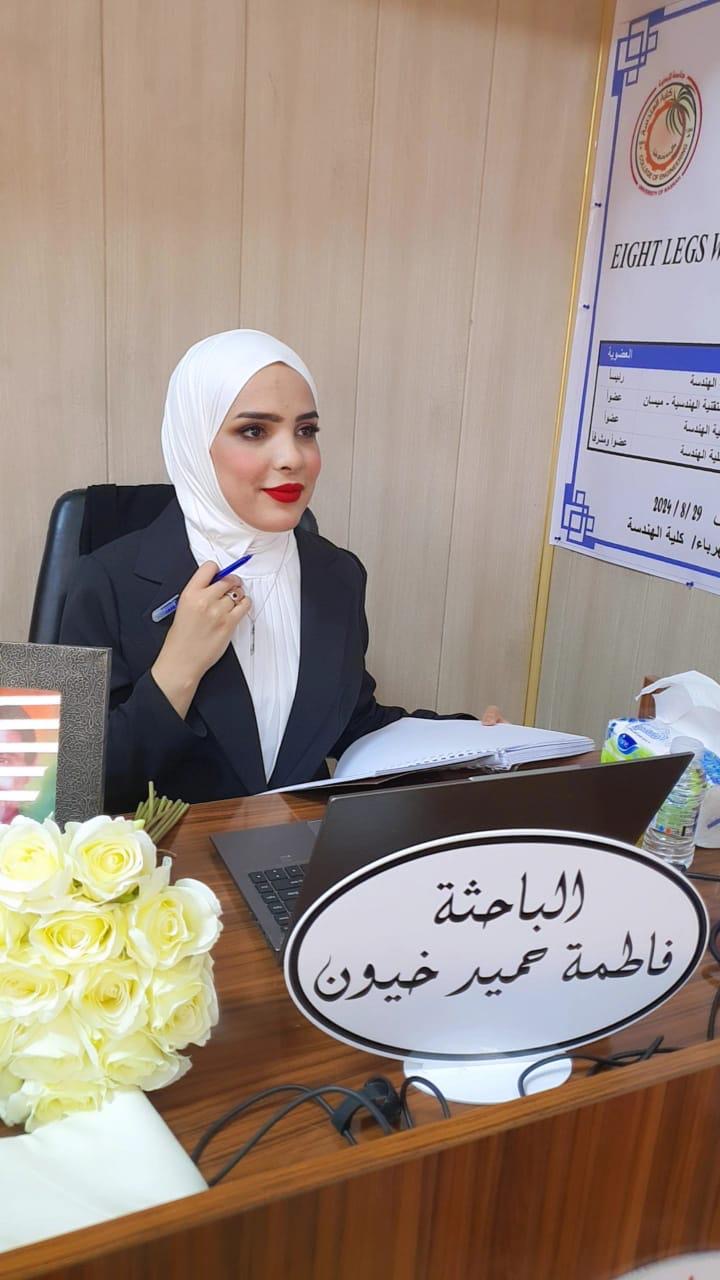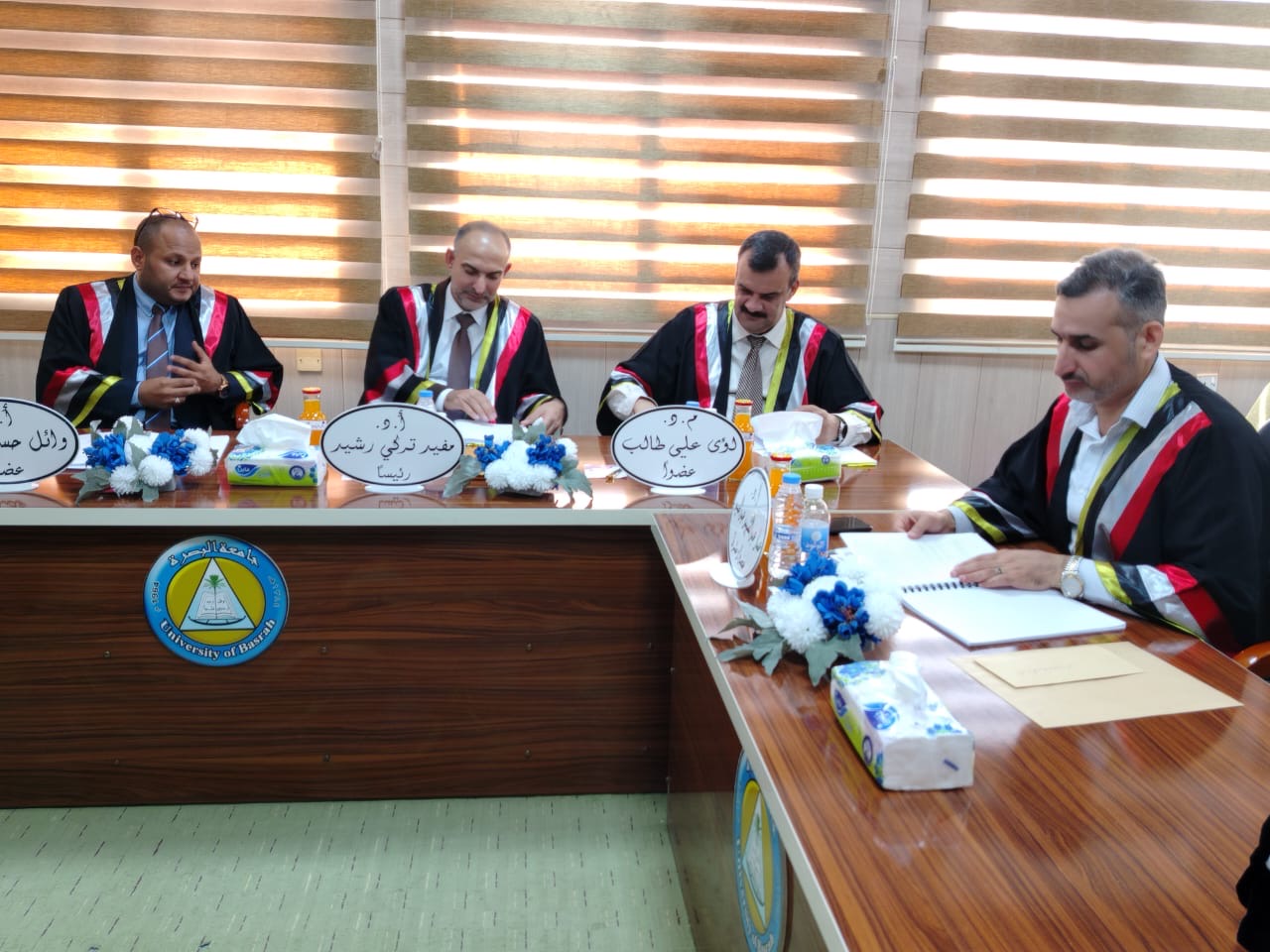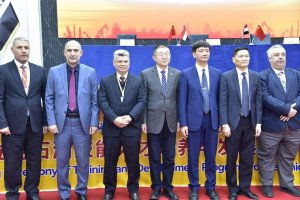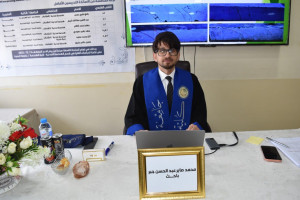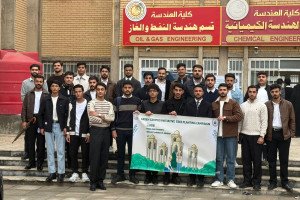
The master's thesis of the student Fatima Hamid Khayoun was discussed in the College of Engineering, University of Basra, Department of Electrical Engineering, and it included The eight-legged robot system was created and simulated using the Matlab Simscape Multi-Body toolbox. This toolbox is designed to establish physical connections and contact inside the system, allowing the Simscape Multi-Body to determine the system's equations. The robot was specifically engineered with eight legs, each equipped with three joints instead of two. This design was made to optimize movement versatility and maximize the Degree of Freedom (DOF) of the robot. Each joint is equipped with a PID controller, resulting in total of 24 PID controllers for an entire system.
The performance of the designed controller for the eight-legged robot was assessed incrementally by comparing the simulation results of machine learning (ML) with three different cases: the open loop control system, the closed loop control system using proportional-integralderivative (PID) control, and the optimization technique utilizing genetic algorithm (GA) with PID control.
The results suggest that the robot undergoes rapid failure at the start of the simulation when the eight-legged robot is built with an open-loop system. To enhance the stride of the walking robot, a closed loop system incorporating a PID controller was utilized. The Particle Swarm Optimization (PSO) technique was used to find the best values for the parameters (Kp, Ki, and Kd) of the PID controller. The durability of the controllers is evaluated by incrementing the weight of the robot.
The simulation results illustrate an improvement in the locomotion abilities of the robot, allowing it to move forward.
The walking stability of an eight-legged robot was improved by utilizing a GA optimization method to generate walking movements for the robots. The results indicate that the performance of the eight-legged robot has improved with the implementation of the optimization approach, in comparison to the prior cases that used the open and closed loop techniques.
The Deep Deterministic Policy Gradient (DDPG) reinforcement learning is utilized to implement and enhance the walking motion of the robot through machine learning. The simulation findings indicate that the eight-legged robot's performance has been enhanced in comparison to earlier cases, including open loop, PID, and GA. Furthermore, the results produced from DDPG RL exhibit superior performance.
